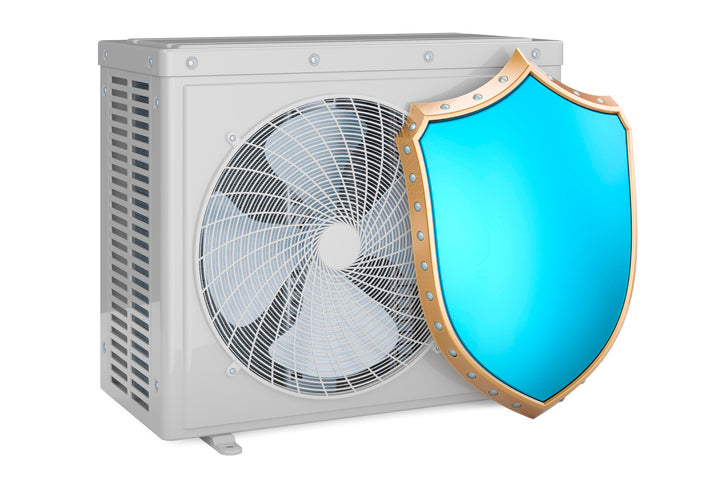How to Make a Bedroom Perfect for Sleep

Getting an ample amount of sleep is essential for one’s health. If you don’t get enough quality sleep each night, then you may experience several negative health effects, such as memory loss, high blood pressure, a weakened immune system, and an increased risk of heart disease. If you’re one of the thousands of people who have trouble sleeping at night, your environment could be part of the issue. To learn how to make your bedroom perfect for sleep, continue reading.
Quiet down
A noisy bedroom environment will make getting quality sleep very difficult. As such, you should seek to block out all noise sources as much as possible. If the sources of loud noises in your bedroom are out of your control—such as noisy neighbors, traffic sounds, or construction—consider utilizing a sound machine. When you create a consistent background noise in your room, sudden sounds and noise inconsistencies will be less likely to wake you from your sleep.
Improve the air quality in your bedroom
Poor air quality in your bedroom can reduce the quality of your sleep. Studies have shown that people who live in areas with higher levels of air pollution are far more likely to sleep poorly. Based on this information, improving the air quality in your bedroom could help improve your sleep quality. A great way to improve your bedroom’s air quality is by installing a mini-split ventilation system. As a bonus, mini-split systems are so quiet that you’ll barely notice it’s there—unlike noisy central HVAC systems.
Block out the light
Cutting out all light in your room—especially artificial light from phone and computer screens—is essential to improving your sleep quality. Too much light in your room can mess with your brain’s natural biological clock and make it think it’s still daytime, when you need to be awake and alert. As such, you should try to minimize light in your room as much as possible by getting rid of any nightlights or lighted displays and by investing in extra-thick curtains.
Turn down the temperature
If your room is too warm, falling asleep may be more difficult—the heat could cause you to wake up in the middle of the night in a sweat. Typically, the best temperature for sleeping is between 60 and 67 degrees Fahrenheit. Making it any colder could also have a negative impact on your sleep by causing you to shiver throughout the night.
To create the perfect sleeping environment in your bedroom, consider investing in a mini-split HVAC system. The Pioneer Mini Split Store offers a variety of ductless AC and heat systems that will help improve your room’s air quality and keep your bedroom at an optimal temperature while producing minimal noise. For more information regarding our products or installation services, contact us today.







